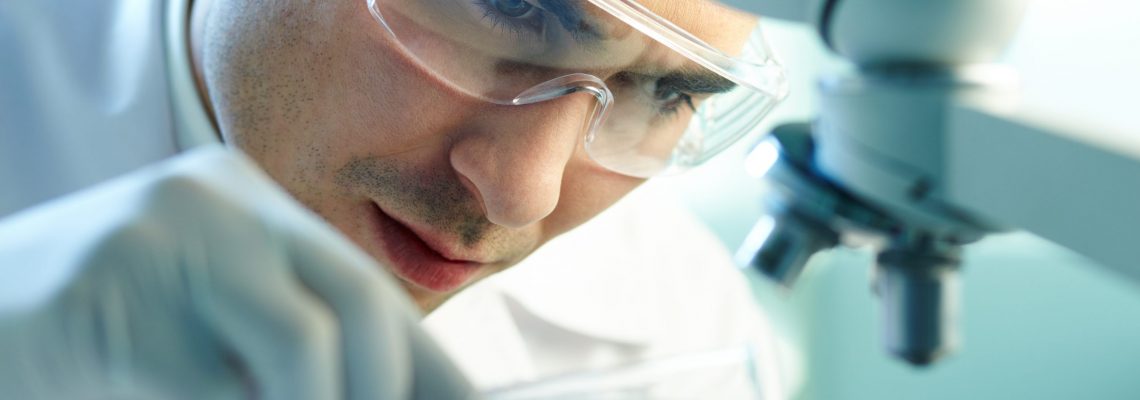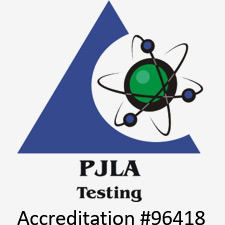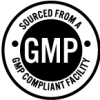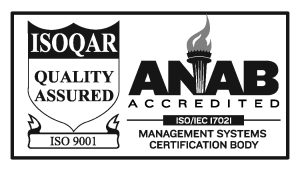Chemical reverse engineering is an extremely valuable process for those looking to protect their intellectual property from manufacturing issues or patent infringements. It is also deployed to help manufacturers maintain a competitive edge through targeted product analysis. Each of these goals can be realized through product deformulation; the process of analytically breaking substances down so their constituent parts can be identified and quantified.
Product deformulation services vary by objective, but also by capability. Few chemical reverse engineering labs have the toolset available to deconstruct complex product matrices and extract both their minor and major constituents to deliver conclusive, precise results. At Jordi Labs, this sort of complete product deformulation is one of our specialities.
This article aims to serve as a step-by-step guide to our product deformulation service. Given the broad spectrum of potential areas of application, it is difficult to narrow down the chemical reverse engineering process to a single workflow. However, we will refer back to a relevant case study to offer some more concrete insights into our uniquely expert service.
Initial Consultation
The Jordi approach to product deformulation is consultative from end-to-end. We begin with an initial, client-led discussion in which we will determine the scope and main aims of the project, whether you are merely carrying out investigatory work or are seeking support for litigation purposes. Once this is established, our team will discuss the best methodology for the project and use this intended workflow to come up with a written quote.
For example: A client of ours wanted to investigate the chemistry of a polymeric urinary drainage bag through complete product deformulation. This was well within our expansive capabilities, so we submitted a quote and accepted submitted samples for analysis.
Analysis of Samples
As mentioned above, it is partly the toolset that hinders some product deformulation labs from offering a truly complete reverse engineering service. The Jordi Labs team has decades of expertise in all areas of analytical chemistry with a world-leading testing facility available to apply that knowledge to custom deformulations. This enables us to pull apart even the most complex product matrices with maximum analyte retention to ensure that all results are truly representative of submitted samples.
Returning to the case of the urinary drainage bag, the customer benefitted from our particular expertise in polymer chemistry. We passed the sample through seven different testing paradigms to gain a complete chemical profile based on mass spectral, thermal, and nuclear resonance properties.
Delivery of Results
Once we are satisfied that we have acquired a full chemical profile, we deliver a complete report summarizing our findings alongside a list of individual results per testing methodology. This instils absolute confidence in our results. We also close out our product deformulation service with a final consultation where we discuss actionable takeaways from the report. These vary depending on the underlying goal of the study, but typical next steps include product refinement, manufacturing scale up, or—in instances of product infringement—expert support through the litigation process.
Read our full case study if you would like to see one of our product deformulation summaries for yourself.
Case Study: Polymer Deformulation of a Medical Device
Interested in chemical reverse engineering? Contact a member of the Jordi Labs team today to discuss any objectives you have in mind and we would be happy to setup an initial consultation with you.





